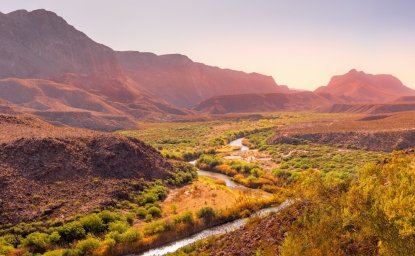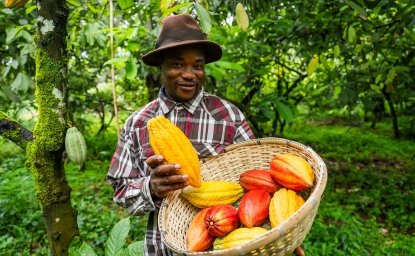Harvesting Peace: Food Security, Conflict, and Cooperation


Since 2008, when rapid increases in the prices for major grains helped to trigger outbreaks of civil unrest in more than 40 countries, scholars and policymakers have paid increased attention to the potential influence of global food prices on social and political instability. Compelling and provocative headlines have suggested that there is a direct relationship between food insecurity and conflict. However, Harvesting Peace: Food Security, Conflict, and Cooperation – the latest edition of ECSP Report – finds that the story is more complicated than those claims often imply.
Food insecurity both results from and contributes to repeated rounds of armed conflict in many places. Conflict can reduce the amount of food available, disrupt people’s access to food, limit families’ access to food preparation facilities and health care, and increase uncertainty about satisfying future needs for food and nutrition. Likewise, food insecurity may help to sustain conflict or reverse post-conflict recovery efforts.
Drawing insights from scholars and humanitarian organizations, the report recommends more collaboration between peacekeepers and food programs. “With acute food insecurity as a key element of conflict, long-term perspectives must accommodate short-term solutions as well. Both humanitarian assistance and development tools must be wielded with skill and sensitivity – and in tandem,” writes report author Emmy Simmons.
Harvesting Peace: Food Secu... by The Wilson Center on Scribd
Author

Environmental Change and Security Program
The Environmental Change and Security Program (ECSP) explores the connections between environmental change, health, and population dynamics and their links to conflict, human insecurity, and foreign policy. Read more

Explore More
Browse Insights & Analysis
Water Security at the US-Mexico Border | Part 1: Background

China and the Chocolate Factory

Ongoing Debate: The Prohibition of GMO Corn in Mexico
